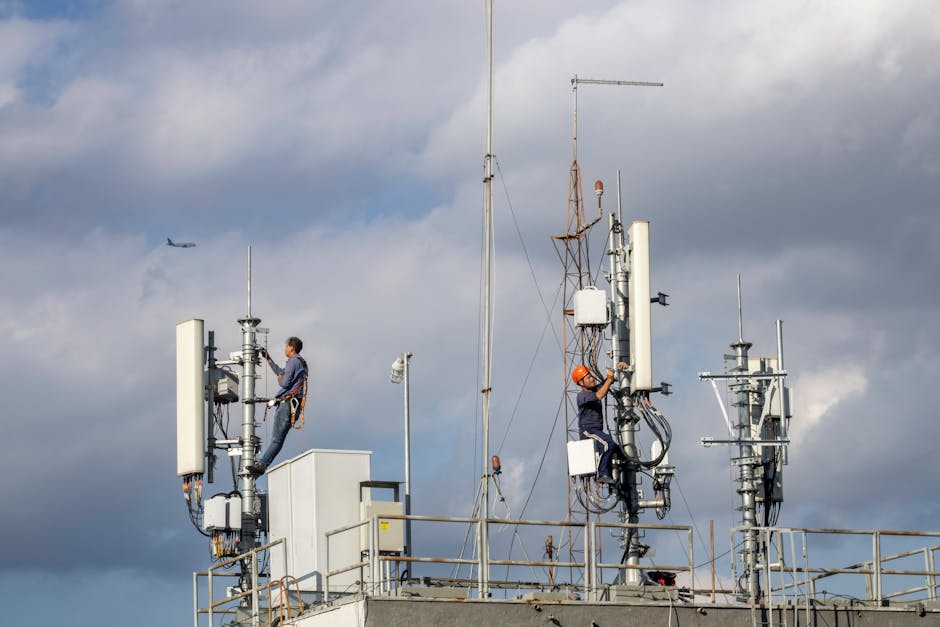The Importance of Local Internet Measurement Data for Digital Rights and Consumer Protection

The Need for Local Internet Measurement Data

Pexels
In a world increasingly reliant on digital connectivity, measuring Internet performance and resilience has become a top priority for many nations. The 2025 Digital Rights in Asia Pacific (DRAPAC) Assembly in Kuala Lumpur, Malaysia, underscored this importance by focusing on the need for localized Internet measurement data. Leaders like Siti Nurliza Samsudin and Pavel Farhan shared insights into how local data can supplement international measurements to enhance Internet resilience, availability, and digital rights protections.
Outages are inevitable in such a complex system as the Internet; however, their impact can be mitigated by resilient underlying systems and technologies. While global tools like the Pulse Internet Resilience Index (IRI) offer a baseline framework to track indicators like infrastructure, performance, and market readiness, it’s evident that localized measurements can add depth and context. For instance, Malaysia holds a relatively strong ranking of 54% on the IRI, but its yearly performance variations highlight the limitations of relying solely on standardized international metrics. With local data, abrupt performance issues and trends can be identified and addressed more effectively.
Promoting Transparency and Accountability with Open Data

Pexels
Organizations like the Sinar Project are paving the way for improved Internet governance by leveraging tools that monitor and document artificial Internet limitations. Using platforms such as OONI, IODA, and MLab, they aim to detect Internet throttling, shutdowns, and service blocking. Crucially, initiatives like their Internet Monitoring Action Project (iMAP) seek to establish monitoring frameworks across countries in the Asia Pacific region, fostering greater citizen participation in public affairs and increasing governmental accountability.
Siti Nurliza Samsudin emphasized the value of making localized data open and standardized. By aggregating unstructured measurement data into accessible formats, the Sinar Project is effectively aligning local and global resources. These efforts empower Malaysians to better understand Internet-related challenges and uphold their digital rights. Importantly, these actions reflect a broader commitment to transparency and citizen involvement in shaping Internet policies.
Strengthening Consumer Rights Through Independent Data

Pexels
Internet consumers in rural regions of Malaysia are starting to benefit from independent platforms like myspeed.site. This open-source tool collects and publicly shares network performance data, shedding light on discrepancies between advertised and actual Internet speeds. Professor Nazura Abdul Manap from the Malaysia Cyber Consumer Association has highlighted the pivotal role such tools play in defending consumer rights, especially against ISPs that exploit legal loopholes through misleading ”up to” speed claims.
Professor Abdul Manap called for Malaysian lawmakers to model Internet governance policies after those in countries like the EU and USA, where regulations demand transparency from ISPs regarding actual speeds. Enhanced quality of service benchmarks and regulatory reform could better protect consumers from misleading practices while driving fairness and accountability in the telecom sector.
The Case for Collaboration in Internet Rights Advocacy

Pexels
As discussed by Pavel Farhan from the IO Foundation, improving localized qualitative and quantitative Internet data can expose otherwise obscured violations of digital rights. Farhan emphasized the importance of aligning local measurement projects with global initiatives to increase their credibility and resolution. By leveraging tools and methodologies already in development, nations can strengthen Internet resilience to better protect their citizens.
Farhan left a resonating message with DRAPAC attendees: “Measurements are only as powerful as the reforms they bring.” This sentiment highlights the need for meaningful action based on data-driven insights. From protecting consumer rights to improving governance transparency, local and global stakeholders must collaborate to create a more just and accountable digital landscape for all.




